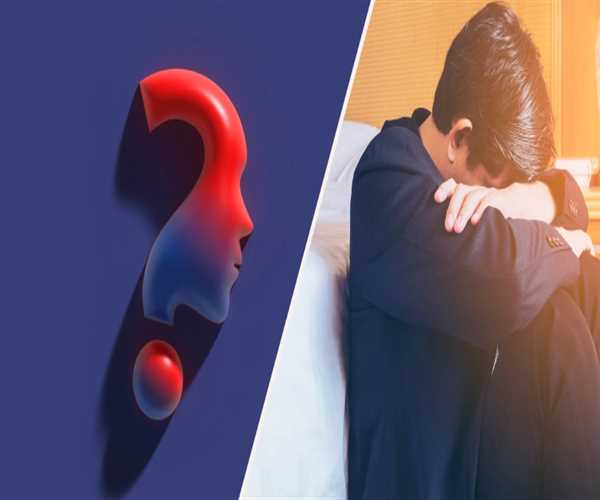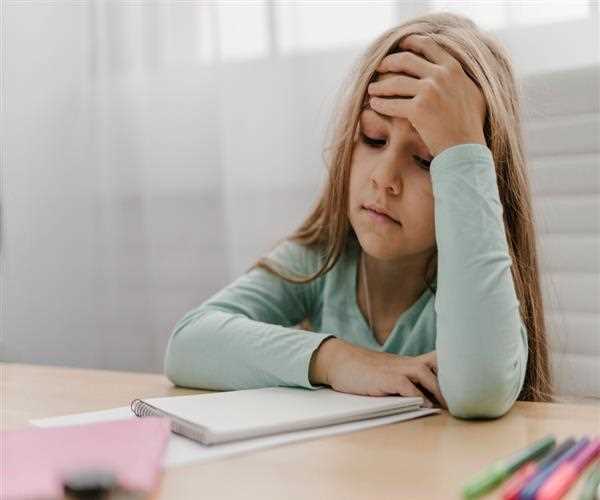
16-Dec-2024 , Updated on 12/17/2024 11:41:13 PM
Depression: What You Need To Know?
Depression is a progressive mental disorder that affects millions of people worldwide. Depression is quite a different thing from being sad or feeling low once in a while and is a chronic condition existing in a state that is characterized by extreme emotional and physical suffering that may substantially hinder an individual’s functioning of their daily activities. This view describes features and characteristics of depression, its causes and consequences, as well as ways of dealing with the situation.
1. What is depression?
Depression is not simply a state of low spirit. It is a clinical condition where people stay sad most of the time, with a loss of interest in activities and the disability to perform activities. If not noted, it has dangerous results on one’s mental in addition to physical health. The World Health Organization has ranked depression as one of the most significant international causes of disability.
Internal Link Suggestion: Read about other mental problems such as addiction and the impact of social media in How Instagram Reels Wasting Time of Indian Youth to determine other ways modern technology leads to depression.

2. Common Symptoms of Depression
Symptoms of depression vary among individuals but commonly include:
- Persistent feeling of emptiness or sadness
- Low energy or lack of enthusiasm
- Loss of interest in hobbies or social activities
- Changes in appetite or significant weight change
- Difficulty in sleeping or oversleeping
- Feelings of guilt or worthlessness, hopelessness
- Suicidal thoughts or self-harm
Early detection is of vital importance. For a victim of overwhelming feelings, talking to a mental health expert is the first move to recovery.
3. Causes of Depression
Depression is multifactorial, and as such, it has no direct cause. Common contributing factors include:
- Biological Factors: This can be caused by hormonal imbalances and/or genetic profile changes, changes in the level of chemicals in the brain.
- Environmental: Distressing, difficult, or frightening experiences Family problems Domestic violence or sexual abuse An accident or injury The shock death of a loved one or the loss of a pet Chronic illness or severe health problems That is an informative and liberating process for literature.
- Lifestyle factors: Poor diet, lack of exercise, and excessive screen time are other factors associated with mental disorders such as depression.
4. Depression and Social Media
The use of advanced technology as well as social media leads to depression. It is for this reason that an overdependence on applications such as Instagram Reels and similar ones contributes to unhealthy comparison, inadequacies, addictions, and a deterioration of mental well-being.
5. The Impact of Depression
Depression affects various aspects of life, including:
- Relationships: Family stress and interpersonal relationship problems.
- Work Performance: Less efficiency and truancy or organizational workplace.
- Physical Health: Low immunity, increased propensity to develop some form of heart disease, and other chronic diseases.
When the signs and effects are understood, people can change their behavior and ensure that help for those in need is provided.
6. The actual method of dealing with depression, therefore, is as outlined below:
While professional help is crucial, self-care and lifestyle changes can complement treatment:
- Seek Professional Help: Doctors of All Kinds: Therapists and psychiatrists can offer cognitive behavioral therapy (CBT) or prescribe medicines.
- Maintain a Routine: Set schedules are less stressful and help conquer a feeling of being overwhelmed.
- Exercise Regularly: Exercise uses the endorphin, which enhances mood.
- Connect with Loved Ones: In this perspective, lack of social support has a big impact on the recovery of the sufferers.
- Limit Screen Time: Spending less time on the social networks reduces the tendency of developing sadness through comparison.

7. Eliminating Social Bias on Depression
Yet, many people are aware of the programs available to help them and are willing to seek assistance; because of this reason, stigma still presents a major hindrance. It is important to educate society that when a person has depression, it is an illness that he or she has, not something he or she is. Such sites as MindStick are useful in providing a platform on which people may wish to share on this subject.
8. Resources for Depression
Here are some steps to seek help:
- Check with local mental health helplines or crisis centers.
- You are welcome to search the web for helpful links, forums, and information regarding mental health.
Conclusion
Depression is not a signal of a weak spot, but it's a fitness trouble that needs to be diagnosed, dealt with, and understood. When it involves why this circumstance happens, the way it manifests itself, and how it can be avoided, this can provide hope as a remedy option.
This is the right time for us to come together and give our support to those who have depression.
This view provides a dynamic and exhaustive way of studying depression with the flexibility of including internal links to attract the users. If further makes appear clumsy, alterations are welcome!

Student
Being a professional college student, I am Shivani Singh, student of JUET to improve my competencies . A strong interest of me is content writing , for which I participate in classes as well as other activities outside the classroom. I have been able to engage in several tasks, essays, assignments and cases that have helped me in honing my analytical and reasoning skills. From clubs, organizations or teams, I have improved my ability to work in teams, exhibit leadership.
Join Our Newsletter
Subscribe to our newsletter to receive emails about new views posts, releases and updates.
Copyright 2010 - 2026 MindStick Software Pvt. Ltd. All Rights Reserved Privacy Policy | Terms & Conditions | Cookie Policy